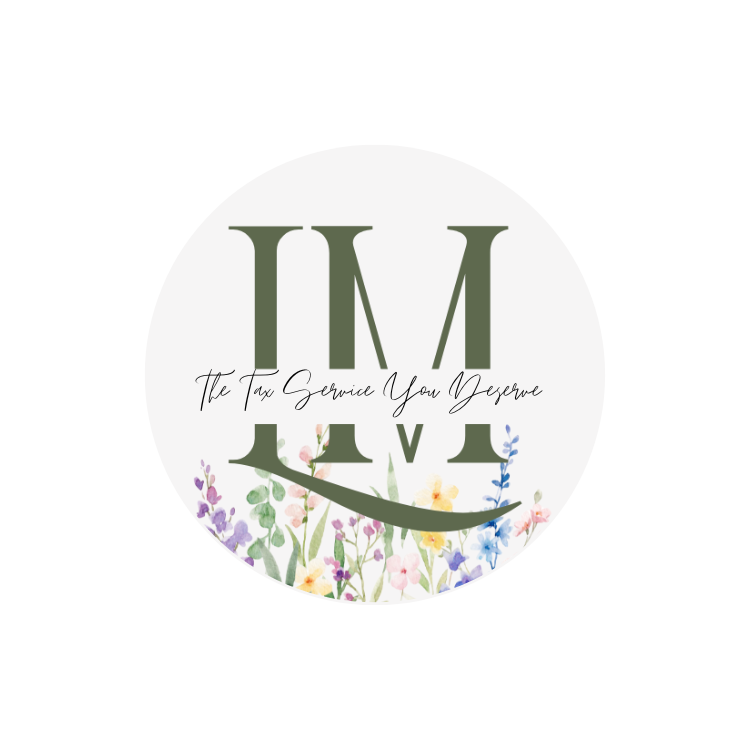lm tax services, llc
How can you prepare for a consultation?
New Individual Client
New Business Client
Preparing for your personal tax consultation helps ensure a smooth, efficient process and allows your accountant to identify all possible deductions and credits. Bringing the right documents will save time and help you get the most accurate results.
Income Documents
- W-2 forms from all employers
- 1099 forms (freelance income, interest, dividends, retirement income, etc.)
- Investment income statements (stocks, bonds, crypto, etc.)
Deductible Expenses
- Mortgage interest statements
- Property tax receipts
- Charitable donation records
- Medical and dental expenses
Personal Information
- Social Security numbers for yourself, spouse, and dependents
- Birthdates for all family members
Other Relevant Documents
Health insurance forms (1095-A, B, or C)
Prior year tax returns
Education-related documents (1098-T, student loan interest statements)

Starting a new business or preparing for your first accounting consultation requires gathering essential financial and organizational information. Being prepared ensures your accountant can set up proper bookkeeping systems, identify tax opportunities, and provide tailored financial advice for your business.
Business Formation Documents
- Employer Identification Number (EIN)
- Business legal name, address, and formation documents (Articles of Incorporation/Organization, Operating Agreement, ByLaws
- Prior year business tax returns
Income Records
- Gross receipts/sales reports
- 1099-K forms (credit card and third-party payment processors)
- 1099-NEC and 1099-MISC received
- Bank statements and deposit records
- Accounts receivable listing (unpaid invoices at year end)
Expense Records
- Accounts payable listing (unpaid bills at year end)
- Payroll records (W-2s, W-3, 941s/944s/943s, state unemployment forms)
- Independent contractor payments with 1099-NEC forms issued
- Rent/lease agreements (office, equipment, vehicles)
- Utility bills (electric, water, gas, phone, internet)
- Business insurance premiums
- Travel, meals, and entertainment receipts
- Office supplies and software subscriptions
- Advertising and marketing receipts
- Professional fees (legal, accounting, consulting)
Assets & Liabilities
- Purchase receipts/invoices for equipment, vehicles, or property
- Depreciation schedules from prior year
- Loan documents (new loans, balances, interest paid)
- Credit card statements
- Vehicle logs (if used for business)
Taxes Paid
● Estimated tax payment records (IRS and state)
● Sales tax reports and payments
● Payroll tax filings and payments
Other
● Health insurance coverage (if provided to employees)
● Retirement plan contributions (SEP IRA, 401(k), etc.)
● Any IRS or state correspondence
